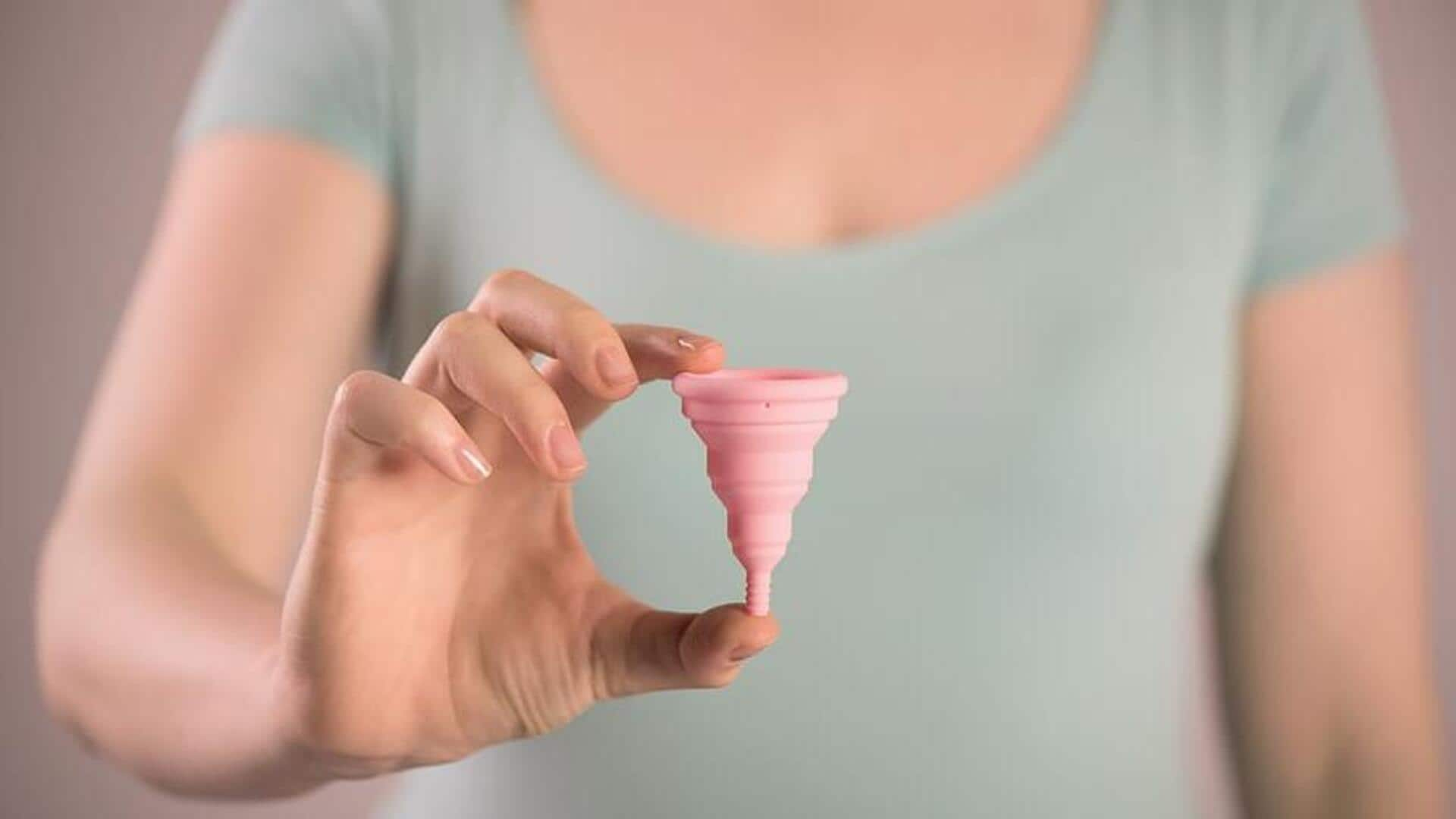
Essential guide for menstrual hygiene care
What's the story
Menstruation, a crucial biological process for women, demands heightened self-care. Proper hygiene ensures cleanliness, infection prevention, and pain management during your periods. Thus, prioritizing menstrual hygiene becomes essential, encompassing practices like regular changing of sanitary products, using gentle cleansers, and staying hydrated. Here are essential tips to maintain optimal menstrual hygiene and ensure well-being during this natural cycle.
Tip 1
Change sanitary products often
Make it a practice to change your sanitary pads and tampons and clear menstrual cups often, even on days you bleed less. The likelihood of contracting an infection and developing toxic shock syndrome (TSS) rises when you use the same sanitary product repeatedly. Additionally, prolonged contact with wet sanitary pads can irritate your skin, which eventually puts you at risk for skin rashes.
Tip 2
Wash regularly
Ideally, you should shower twice daily. This can assist you in keeping yourself clean, smelling good, getting rid of that nasty odor in your lower body, and avoiding illnesses. More than any body part, make sure to keep your private parts clean. However, make sure to not use your regular body soap or body wash; just wash the skin on the outside.
Tip 3
Wear breathable clothes
Avoid wearing tight garments or textiles that restrict airflow between your legs. Increased heat and moisture from garments worn close to your vulva can irritate your skin. Tight fabrics further can trap moisture and can lead to germs thriving on them. To stay dry and fresh, dress comfortably in loose-fitting cotton undergarments. The majority of washable period underwear is made to be reused.
Tip 4
Dispose of used menstrual products properly
Dispose of used menstrual products properly by wrapping them securely in disposal bags or wrappers and dropping them in designated bins. Avoid flushing them because doing so could clog the toilet, causing the water to block, and spread bacteria throughout the entire system. Additionally, it is required that you wash your hands with soap and water after disposing of a used pad or tampon.
Tip 5
Stay hydrated and eat nutritious foods
Drinking an adequate amount of water helps keep your body hydrated during menstruation. Drinking enough liquids can also help wash out your urinary tract and further help prevent infections such as vaginal candidiasis. Eating a balanced diet rich in fruits, vegetables, and whole grains provides essential nutrients and supports overall health, which can positively impact your menstrual cycle.